Azerbaijan has emerged as a critical transportation hub in China's Belt and Road Initiative, transforming from a regional energy exporter into a vital link connecting Chinese goods with European markets.
The dramatic expansion of the Trans-Caspian International Transport Route, known as the Middle Corridor, has positioned Azerbaijan at the center of a new Eurasian trade paradigm that challenges traditional shipping routes through Russia and the Suez Canal.
The strategic partnership between China and Azerbaijan reached new heights in 2024, with bilateral trade volume surging to $3.744 billion, representing a 20.7% increase from the previous year. China has now become Azerbaijan's fourth-largest trading partner, accounting for 7.9% of the country's foreign trade turnover. This remarkable growth reflects Azerbaijan's increasing importance in China's westbound trade strategy and the country's successful positioning as the "Caspian Bridge" for transcontinental commerce.
Middle Corridor Emerges as Game-Changing Trade Route
The Trans-Caspian International Transport Route has experienced explosive growth since 2022, driven by geopolitical shifts and Azerbaijan's massive infrastructure investments. Cargo flows along the Middle Corridor surged 63% to 4.1 million tons in the first eleven months of 2024, while container shipments witnessed a staggering 2.6-fold increase to 50,500 TEU containers.
Transit traffic between Azerbaijan and China alone increased by 86% in 2024, totaling 378,000 tons. The route has dispatched 287 container block trains from China to Azerbaijan, with the total volume of freight transported via the Middle Corridor exceeding 27,000 containers—a 25-fold increase compared to 2023.
The Middle Corridor's appeal lies in its ability to bypass geopolitically sensitive routes while offering competitive transit times. The route spans approximately 4,250 kilometers of railway and 500 kilometers of sea routes, connecting Chinese industrial centers with European markets in just 12-15 days. This represents a significant advantage over traditional sea routes, which can take 30-45 days, while avoiding the political complications associated with the Northern Corridor through Russia.
Azerbaijan's Infrastructure Revolution Powers Connectivity
Azerbaijan's transformation into a major transportation hub stems from two decades of strategic infrastructure development. The country has constructed and upgraded 21,000 kilometers of highways, built 335 bridges and 45 tunnels, and developed 1,500 kilometers of new railways while modernizing an additional 1,800 kilometers.
These investments support critical transport projects including the Baku-Tbilisi-Kars railway, the International North-South Transport Corridor, and the Trans-Caspian International Transport Route. The Baku-Tbilisi-Kars railway underwent major modernization in 2024, increasing its annual capacity from one million to five million tons.
President Ilham Aliyev emphasized Azerbaijan's pioneering role in the Belt and Road Initiative, noting that "Azerbaijan is the second country after China to have invested the most in this project both on its own territory and abroad". The modernization efforts have created what officials describe as the most competitive multimodal Europe-Central Asia-China route via the Caspian Sea.
Strategic Partnerships Drive Investment Boom
The elevation of China-Azerbaijan relations to a comprehensive strategic partnership in July 2024 has catalyzed unprecedented investment cooperation. Chinese direct investment in Azerbaijan has reached $942 million since 1995, while Azerbaijan has invested approximately $2.1 billion in China, primarily through the State Oil Fund.
Currently, 375 Chinese-invested companies are registered in Azerbaijan, with 298 actively operating businesses contributing to economic diversification. During President Aliyev's April 2025 visit to China, investment projects worth nearly $335 million were signed with Chinese companies, creating new opportunities for business development.
The cooperation extends beyond traditional sectors into renewable energy, high technology, and innovation. Chinese companies are implementing major green energy projects, including a 230 MW solar power plant in Gobustan—the largest in Central Asia and the South Caucasus—along with wind energy projects and plans for offshore wind development.
New Infrastructure Projects Expand Capacity
A landmark agreement signed during COP29 in November 2024 established a joint venture between Azerbaijan, Kazakhstan, and China to construct a new intermodal cargo terminal at the Port of Baku in Alat. The project will develop infrastructure on 40 hectares to significantly increase container handling capacity along the China-Europe route via the Middle Corridor.
The terminal represents a strategic response to rapidly growing freight traffic, with plans to triple the number of block trains from China to Europe by 2025-2026, targeting 1,000 trains by 2027. The first export block train from Baku to Xi'an was dispatched in November 2024, consisting of 62 forty-foot containers, marking the beginning of westbound cargo flows.
Competitive Advantages Over Alternative Routes
The Middle Corridor offers compelling advantages over competing trade routes, despite facing capacity constraints. While the Northern Corridor through Russia maintains significantly higher capacity—estimated at over 100 million tons compared to the Middle Corridor's current 6 million tons—political risks and sanctions have diminished its attractiveness.
Transportation costs along the Middle Corridor range from $3,500 to $4,500 per 40-foot container, compared to $2,800 to $3,200 for the Northern Corridor. However, the route's political stability and avoidance of sanctions-related complications provide strategic value that often outweighs cost considerations.
The World Bank estimates that with adequate infrastructure investment, TITR trade volume could reach 11 million tons by 2030. Current plans target expanding capacity to 10 million tons by 2027, supported by the ongoing infrastructure developments and international cooperation.
Energy Cooperation Strengthens Strategic Ties
Energy cooperation forms a cornerstone of China-Azerbaijan strategic partnership, extending beyond traditional oil and gas trade into renewable energy development. Chinese companies are investing in multiple renewable energy projects, including a 100 MW solar power plant in Gobustan and cooperation in energy storage, offshore wind energy, and energy system planning.
The partnership gained additional momentum during COP29, where major Chinese renewable energy companies signed important cooperation agreements with Azerbaijan. These developments align with both countries' green development strategies and contribute to global climate governance efforts.
Future Prospects and Regional Integration
Azerbaijan's role as the Caspian Bridge for China's westbound trade continues expanding through regional integration initiatives. The country actively participates in the Organization of Turkic States, where transport and logistics cooperation remains a key priority. Plans include digitalizing the Middle Corridor and simplifying trade procedures to increase logistical efficiency and reduce costs.
The establishment of the TITR Coordination Center in June 2024 aims to enhance infrastructure and broaden the route's functionality, with participation from Kazakhstan, Azerbaijan, Georgia, Turkey, and China. The platform seeks to transform the corridor into a sustainable, competitive, and efficient transport route supporting the estimated €18.5 billion investment required for full modernization.
President Aliyev's recent statements indicate ambitious growth targets, with officials expressing intentions to "talk in billions" regarding future investment cooperation. The combination of strategic geographic positioning, massive infrastructure development, and deepening China-Azerbaijan partnership positions Azerbaijan to become an increasingly important hub in global trade flows between Asia and Europe.
The success of Azerbaijan's transformation into the Caspian Bridge demonstrates how strategic infrastructure investment and international cooperation can reshape global trade patterns. As geopolitical uncertainties continue affecting traditional trade routes, Azerbaijan's Middle Corridor offers a reliable, efficient alternative that benefits all participating nations while advancing regional economic integration.
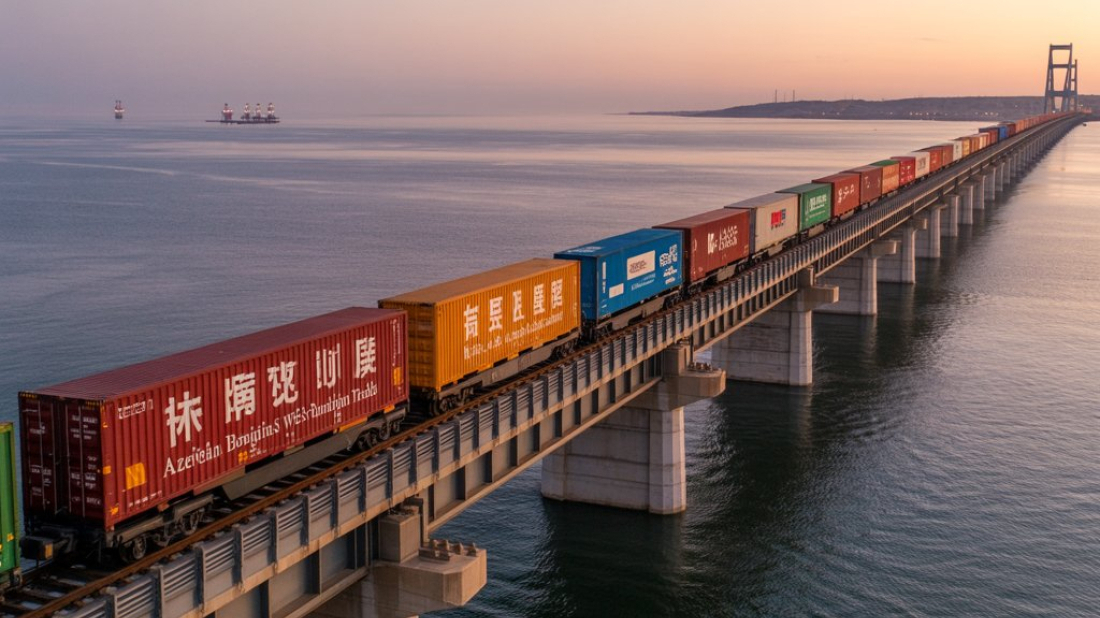
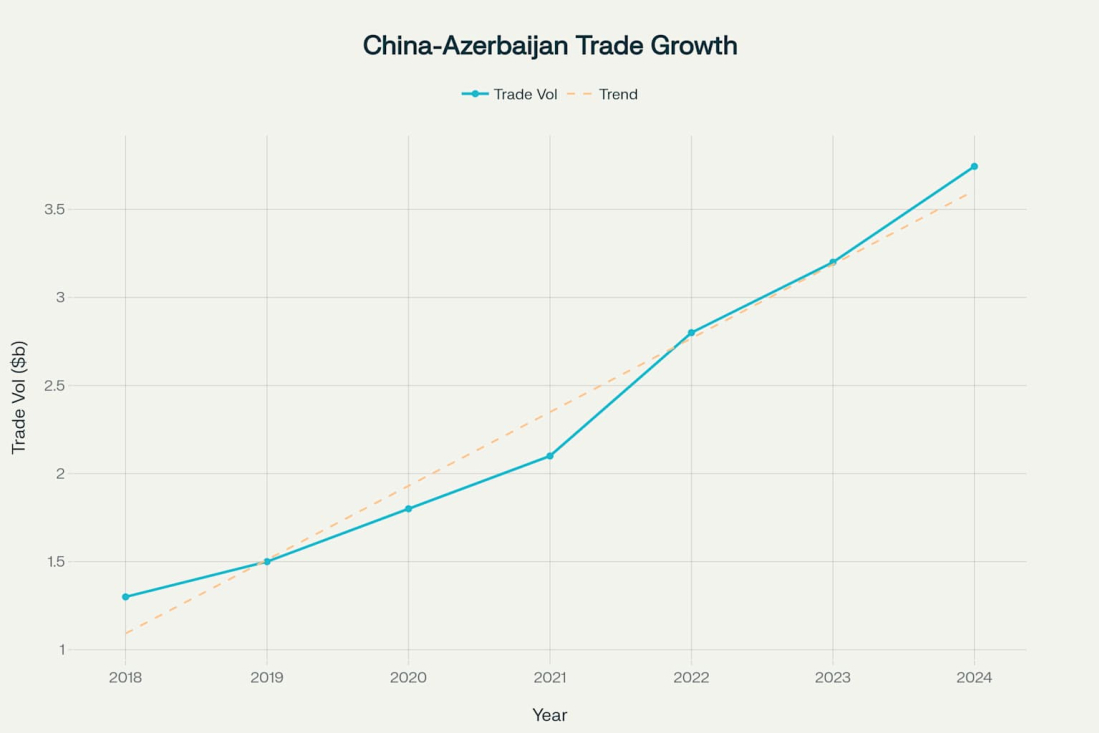
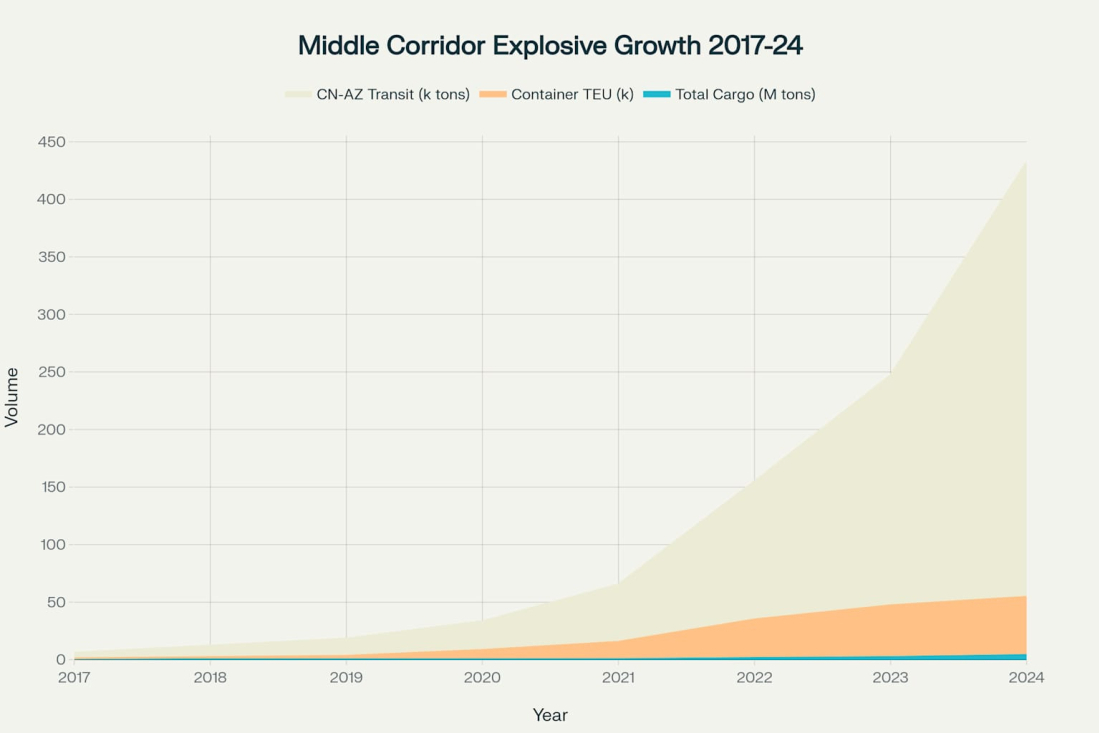
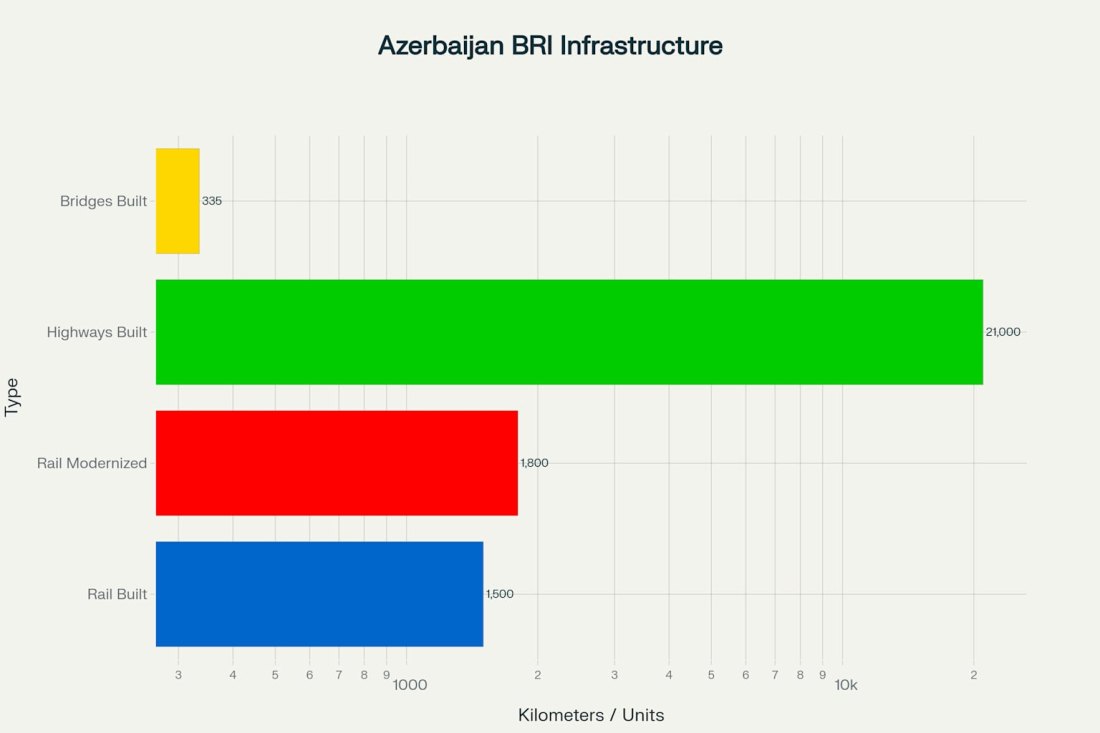
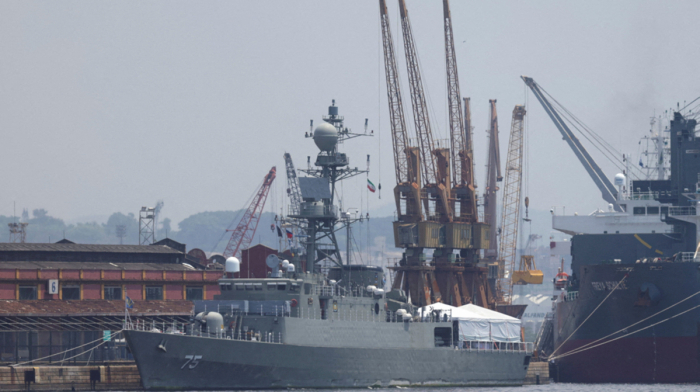
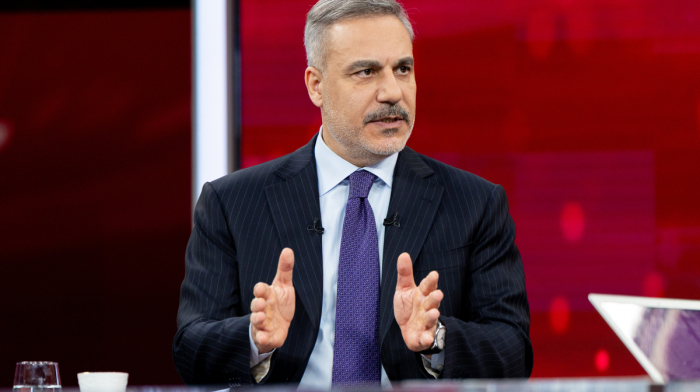


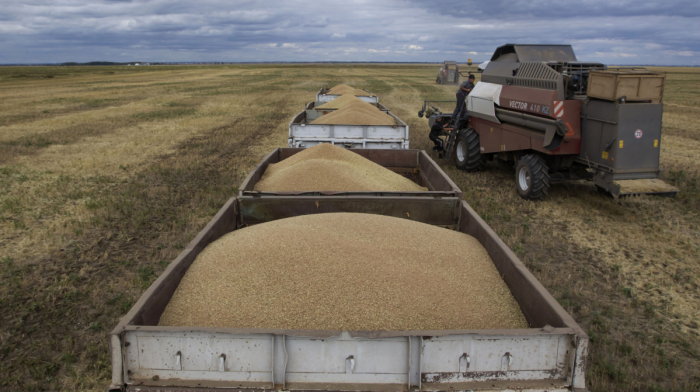

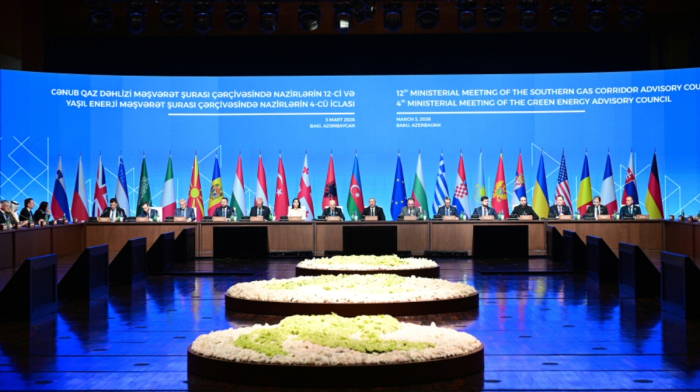

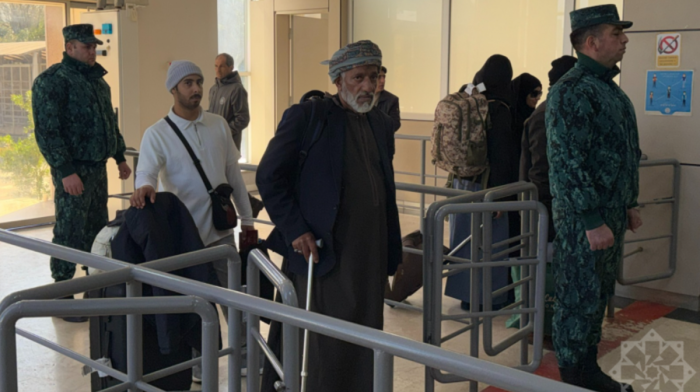




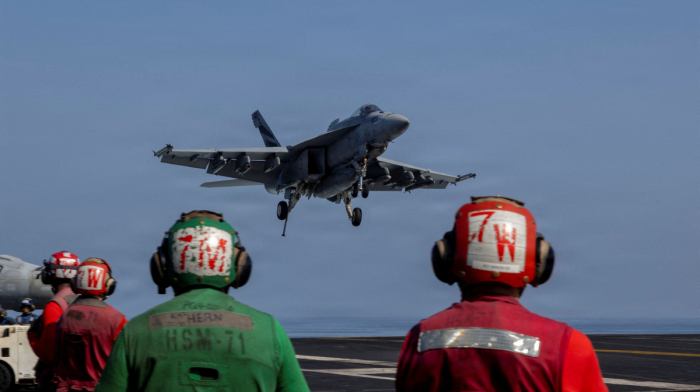




What is your opinion on this topic?
Leave the first comment